Sleep is essential for our overall health and well-being, yet many of us struggle to get enough quality sleep. Poor sleep hygiene can lead to a range of issues, from fatigue and irritability to decreased productivity and even weight gain.
Fortunately, there are simple changes you can make to improve your sleep hygiene and wake up feeling refreshed and energized.
Here are 11 simple changes to get you started:
1. Avoid Eating Late at Night
Eating a heavy meal before bed can lead to discomfort and disrupt your sleep. Try to finish your last meal a few hours before bedtime and avoid snacking close to bedtime.
2. Try a Sleep Meditation
Meditation can help reduce stress and promote relaxation, making it easier to fall asleep. There are many different types of sleep meditations available, from guided visualizations to body scans.
3. Try a Weighted Blanket
Weighted blankets can provide a sense of comfort and security, making it easier to fall asleep. They work by applying gentle pressure to the body, which can help reduce anxiety and promote relaxation.
4. Practice Yoga Nidra
Yoga Nidra, also known as yogic sleep, is a guided meditation practice that can help reduce stress and promote deep relaxation. Try incorporating a Yoga Nidra practice into your bedtime routine.
5. Try a Sleep Tracker
A sleep tracker can help you monitor your sleep patterns and identify areas for improvement. There are many different types of sleep trackers available, from wearable devices to smartphone apps.
6. Use Aromatherapy
Aromatherapy can help promote relaxation and improve sleep quality. Consider using essential oils like lavender, chamomile, or jasmine in a diffuser or spraying a light mist on your pillow before bed.
7. Limit Naps During the Day
While napping can be a great way to recharge during the day, long or late-day naps can interfere with your ability to fall asleep at night. Try to limit your naps to 20-30 minutes and avoid napping close to bedtime.
8. Try a Sleep Mask
If you're sensitive to light, a sleep mask can be a game-changer. Sleep masks block out light and create a dark environment, which can help promote relaxation and improve sleep quality. There are many different types of sleep masks available, from soft and silky to adjustable and contoured.
9. Experiment with Different Sleep Positions
Your sleep position can impact the quality of your sleep. Experiment with different sleep positions to find one that's comfortable and promotes good sleep posture. Some people find that sleeping on their side with a pillow between their knees helps reduce back pain, while others prefer sleeping on their back with a pillow under their knees.

10. Try a Sleep Diary
A sleep diary can help you identify patterns or habits that may be affecting your sleep. Keep track of your bedtime routine, sleep environment, and any factors that may be impacting your sleep, such as stress or caffeine intake. Over time, you may be able to identify patterns or triggers that are affecting your sleep and make adjustments accordingly.
11. Try a Sleep App
There are many sleep apps available that can help you track your sleep patterns, provide guided meditations, or even wake you up during your lightest sleep stage. Experiment with different apps to find one that works for you. Some popular sleep apps include Headspace, Calm, and Sleep Cycle.
By incorporating these suggestions into your daily routine, you can improve your sleep hygiene and wake up feeling refreshed, energized, and ready to take on the day. Remember, everyone is different, so what works for one person may not work for another. Experiment with different strategies and find what works best for you. Sweet dreams!
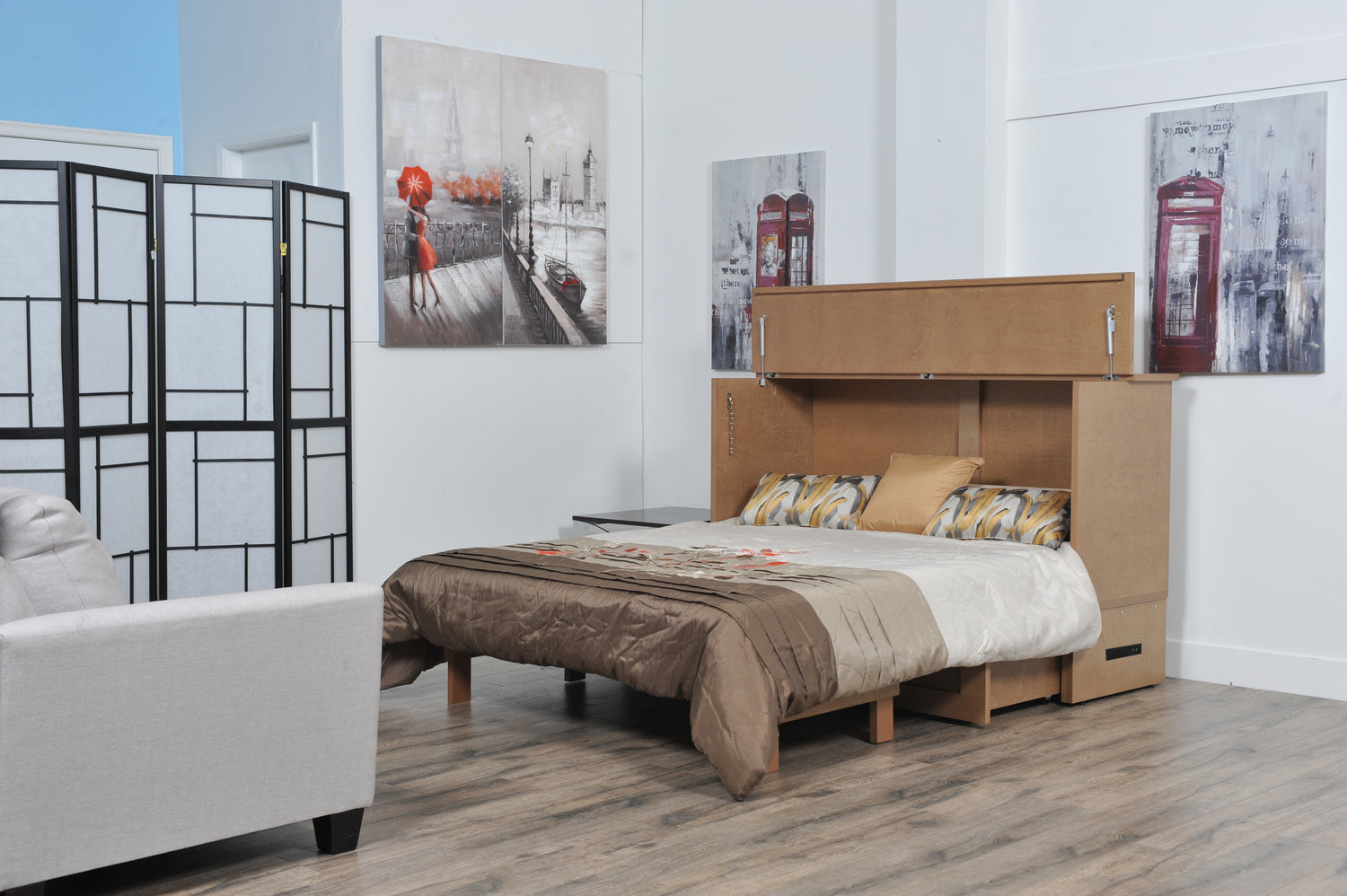
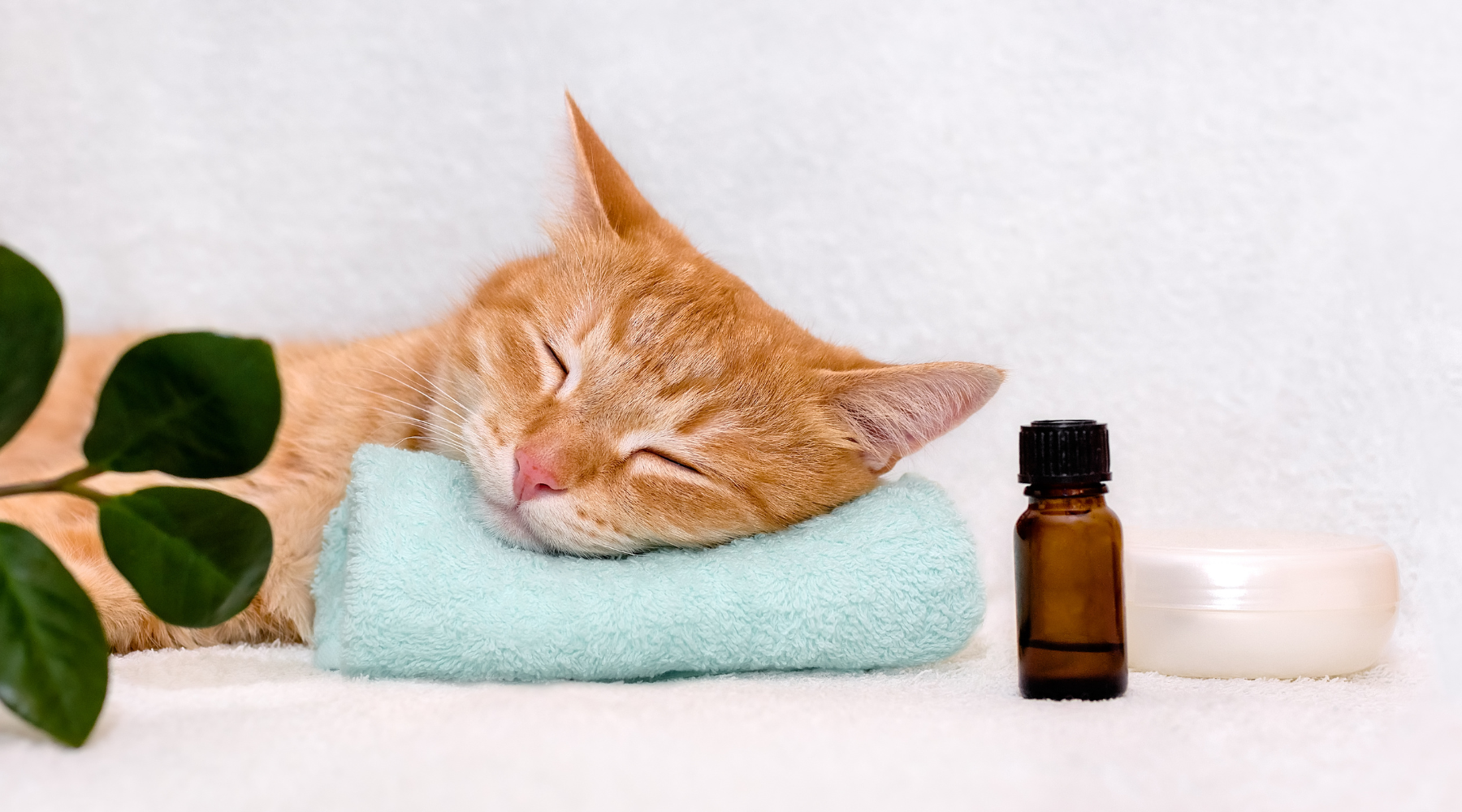
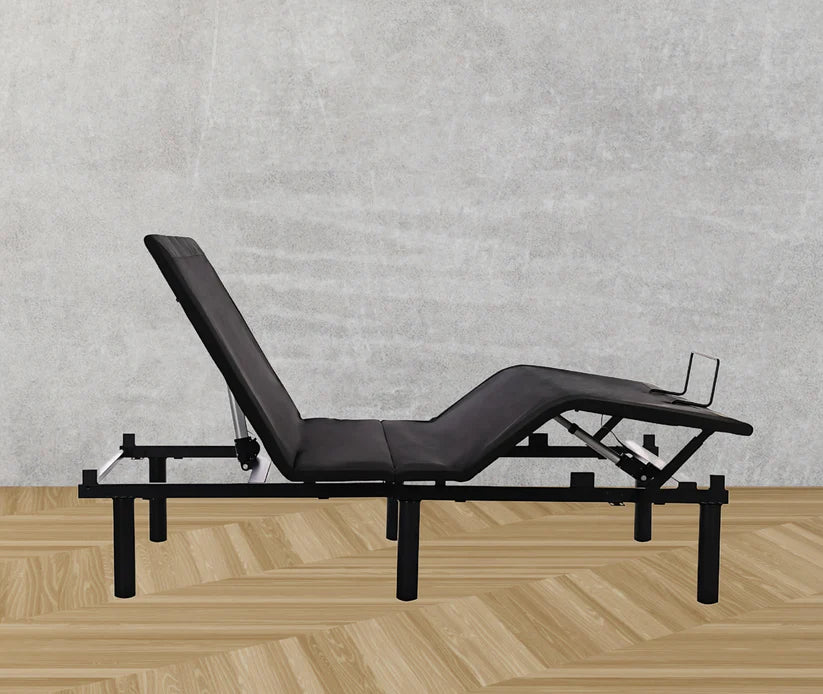
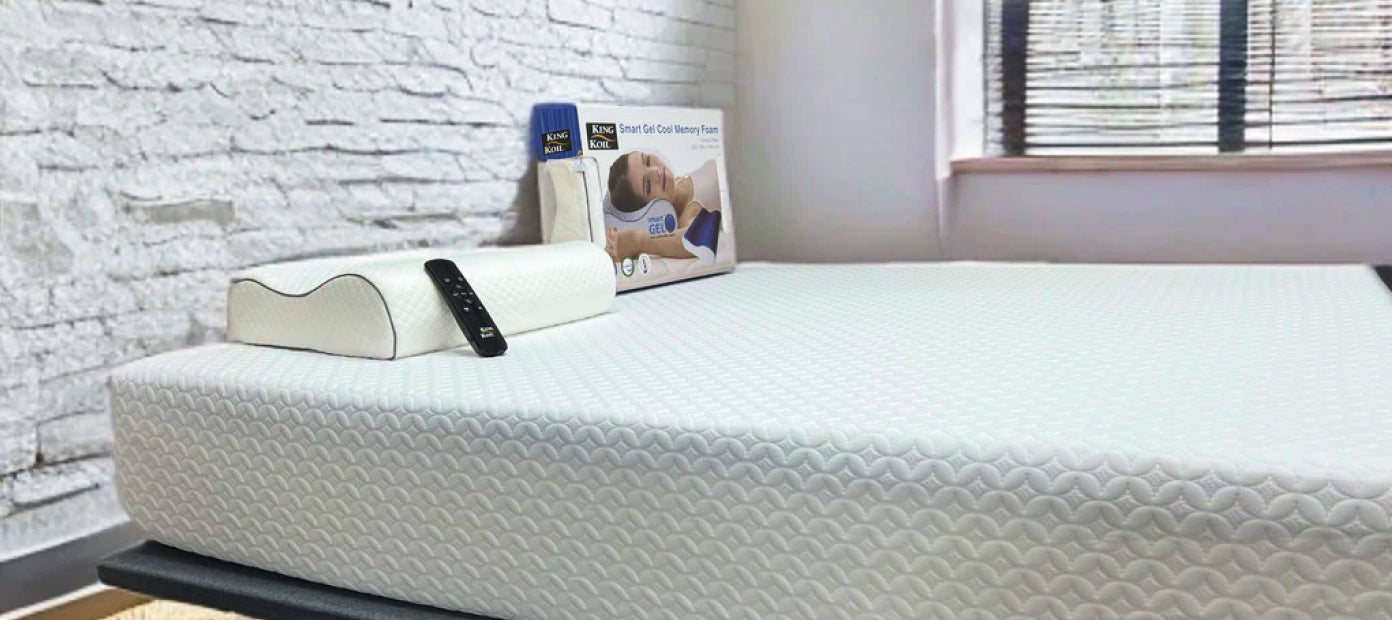
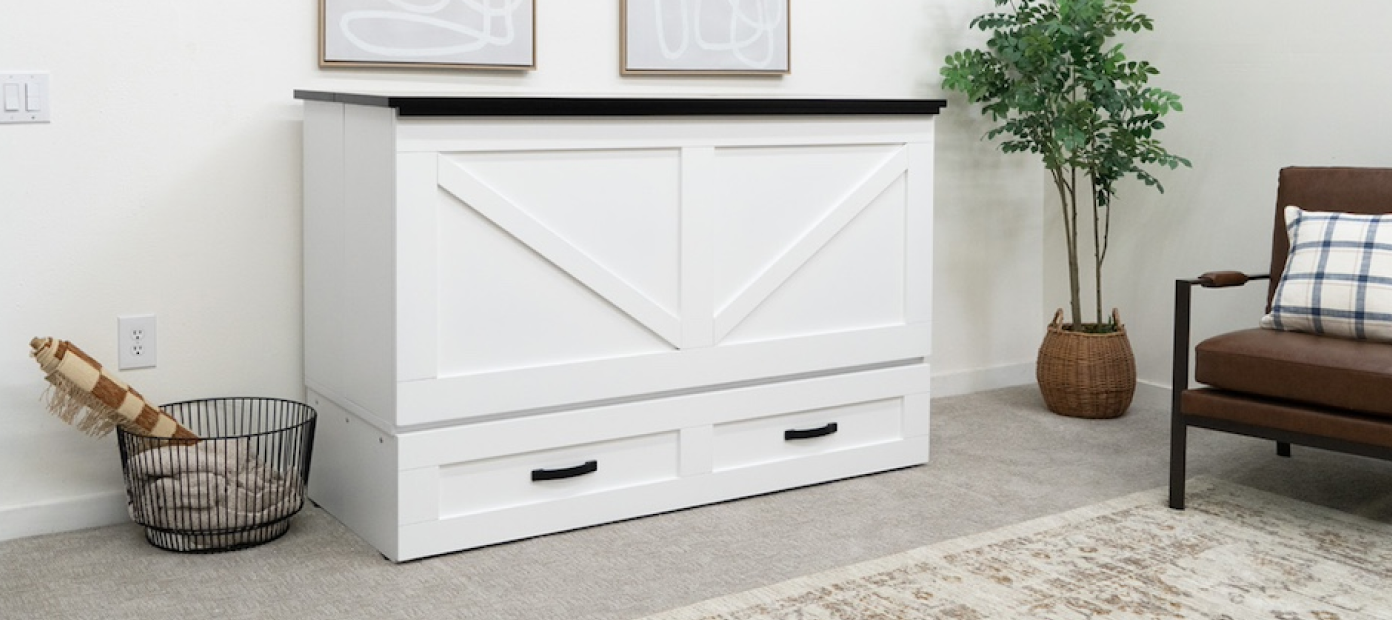

Leave a Comment
Your email address will not be published. Required fields are marked * Comments must be approved before they are published.